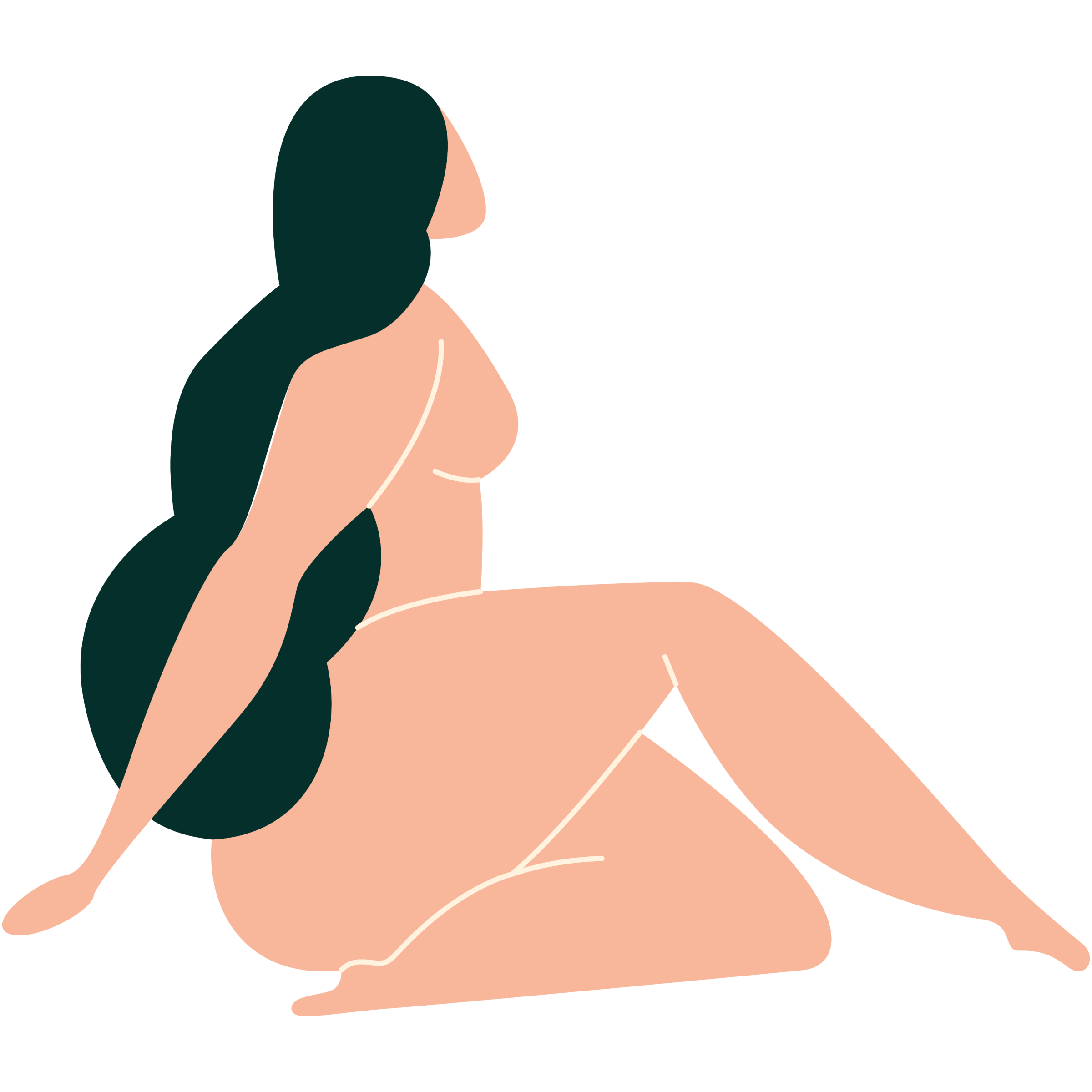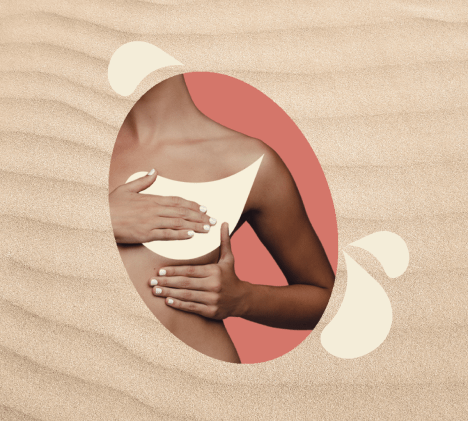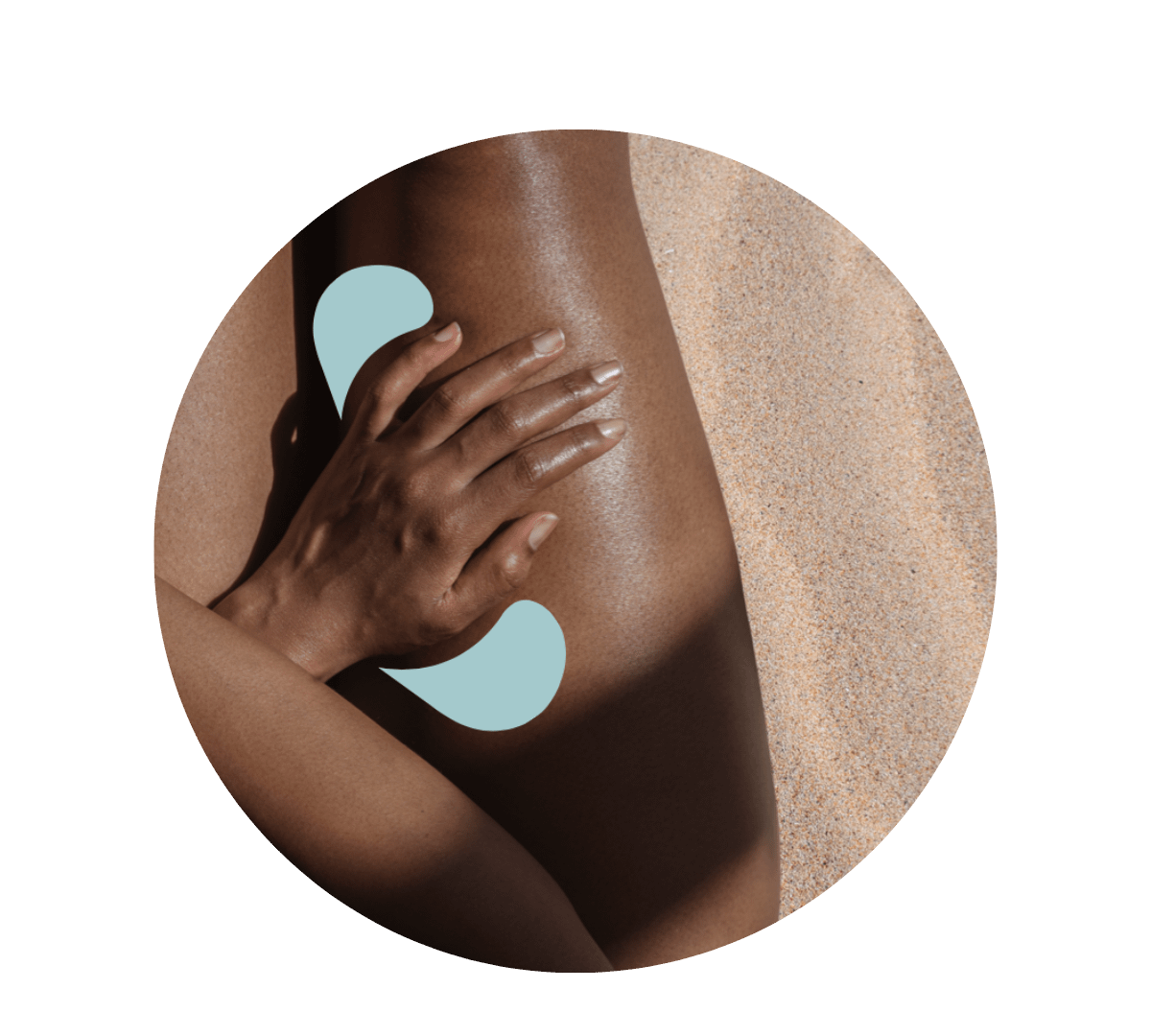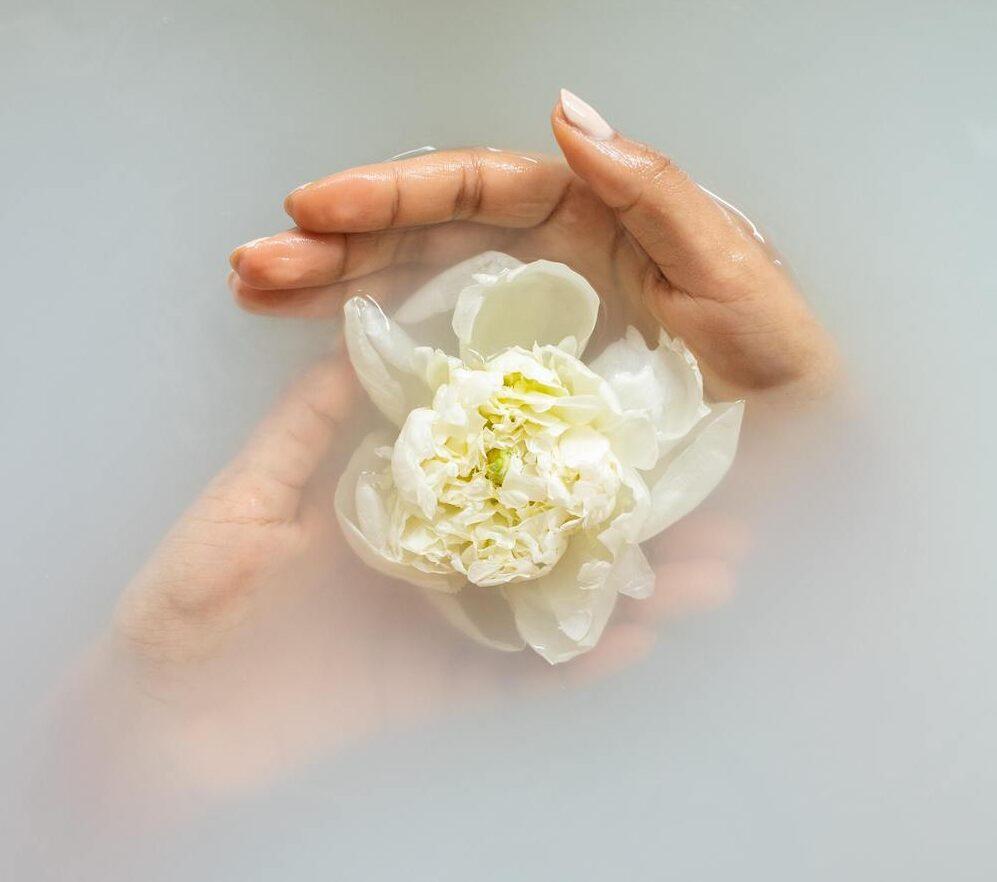
Body
Get to know your body through a better understanding of your anatomy and find the answers to some of your most common questions.
Back
All topics

4 resources

20 resources

6 resources

4 resources

6 resources
Back
All topics

9 resources

12 resources

4 resources

11 resources

2 resources
Back
Back
All topics

17 resources

11 resources

17 resources

2 resources

Mauj Products
We’ve designed our products to help you explore your body, solo or otherwise. Whether you’re a curious novice or a seasoned explorer, this is for you.
Back
All topics

4 resources

20 resources

6 resources

4 resources

6 resources
Back
All topics

9 resources

12 resources

4 resources

11 resources

2 resources
Back
Back
All topics

17 resources

11 resources

17 resources

2 resources

Mauj Products
We’ve designed our products to help you explore your body, solo or otherwise. Whether you’re a curious novice or a seasoned explorer, this is for you.

The concept of virginity has given way to practices like hymenoplasty and "virginity checks" being commonplace in certain societies.
These beliefs persist in spite of the fact that the global scientific and medical community has spoken up time and time again against the accuracy of virginity tests and of the hymen as an indicator of sexual inactivity.
Indeed, while some women are naturally born without one, hymens vary greatly in shape, size, and color, and they can also wear out with time, stretch out, or even tear through normal everyday activities that are unrelated to sex.
Virginity is not a medical or scientific term; it is a social construct, and hymens are not an indication of sexual activity.
Here, we take a deep look at how the concept of virginity is harming girls and women and why we should get rid of it once and for all.
Let's start at the beginning. From a very young age, and in many societies, restrictions are put on young girls to"protect their hymen”. In some cultures, they're prevented from riding bikes or horses, touching their own bodies, wearing tampons, getting pap smears, and engaging in other aspects of their health or hygiene from fear of breaking their hymen by mistake and "losing their virginity".
There's a long-standing tradition wherein women and girls are subjected, or even forced, to undergo virginity testing to assess their virtue, honor, or social value. In some regions, this is even performed on rape victims to decide whether or not they were raped! These tests, of course, are completely unreliable and can result in disastrous outcomes.
"You simply cannot look a woman between her legs and read her sexual story.”
Nina Dølvik Brochmann and Ellen Støkken Dahl, ‘The Virginity Fraud’ Ted Talk
Weighing a woman's honor or value this way has endless legal, physical, emotional, and social consequences. These can include her exclusion from marriage and employment, for example, and even the suspension of certain judicial rights.
The term virginity serves to categorize us by our sexual experiences. It implies that we "lose" part of ourselves when we start having sex. Talking about virginity as something that you lose connotes that something is being taken away from us the first time we have sex. In reality, nothing is taken away; we only gain experiences from consensual sex with our loved partners, forming a deeper connection with them and with ourselves.
You can learn more about the virginity myth here.
Did you find the answer you were looking for? Is there something we missed? What did you think of this resource? We want to hear from you.





